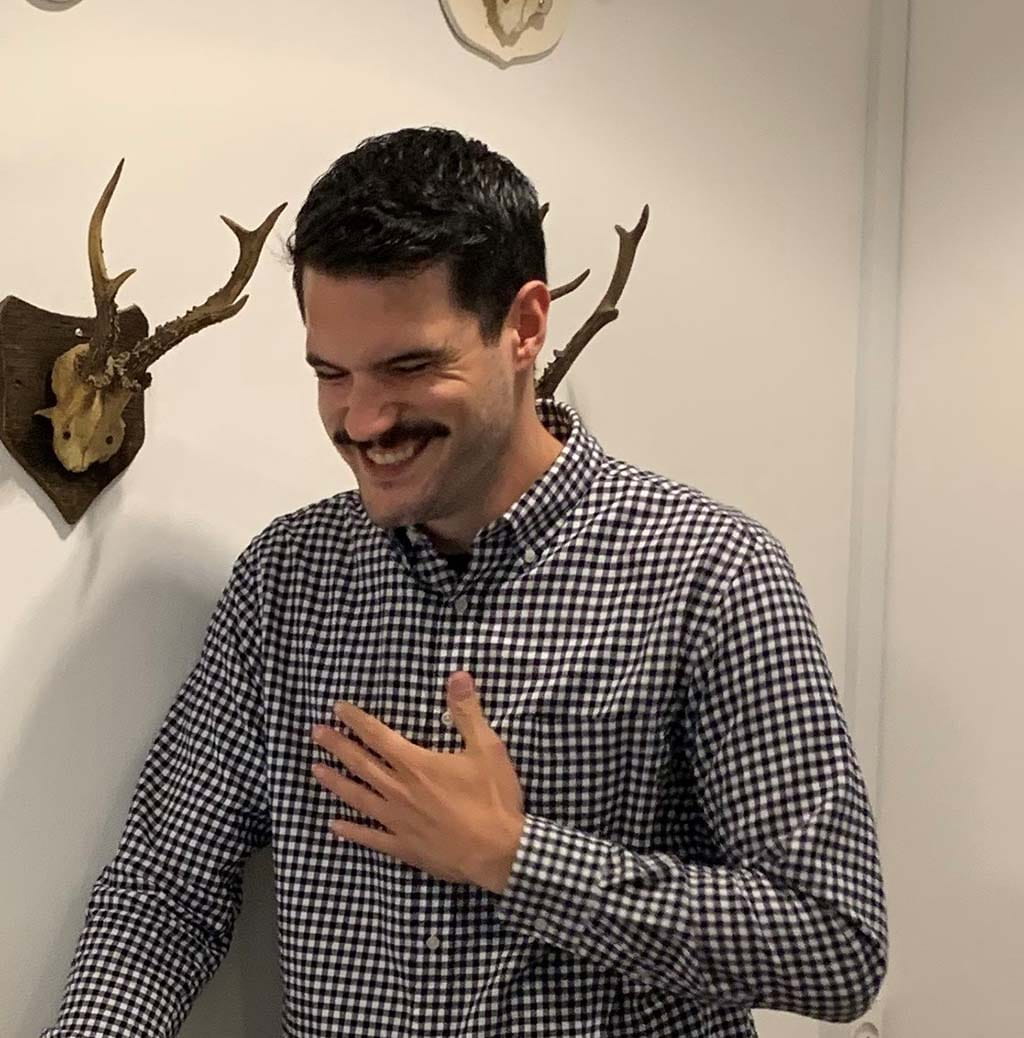- Home
- Karriere
- The People
- Portrait of Alejandro

"At LEO Pharma all employees are invited to explore new ways of working and take on new responsibilities. We are empowered to be bold and curious – we are trusted, and our voices are considered valid”
As a child, I was fond of programming, but never thought I would make a living of it. With a Telecommunication Engineer B.Sc. degree in my backpack, I ventured off to Copenhagen to explore life in a different culture and to pursue my master’s in Medical Engineering. I never planned to be in the Pharmaceutical Industry, but I got the opportunity to join LEO Pharma as Statistical Programmer almost 4 years ago; and I found everyone so welcoming and supportive of teaching me, that I immediately felt I fit in well.
Being a statistical programmer is not just about analyzing data generated from Clinical Trials. My role is so much more; I am challenged and trusted to get involved with a multitude of projects cross-functionally, which has benefitted me hugely, both personally and professionally. Each day is unique and different, filled with challenges and that’s when I get to shine the most!
I like making a difference, and I love the fact that I am surrounded by a great and diverse group of brilliant colleagues spanning from experienced professionals to newly grads all with different educational backgrounds from engineers to statisticians, mathematicians, veterinary scientists, economists and biologists. Our work culture is down to earth, chill and non-hierarchical. We all have a passion for programming and sharing knowledge.
I like to make use of the LEO Pharma´s social network which includes everything from running clubs, wine clubs, social dining clubs, bike clubs and so much more.
If I could invite any life science pioneer for dinner, I would invite Marie Curie born as Maria Salomea Skłodowska (1867-1934) a Polish-born French physicist, famous for her work on radioactivity and twice a winner of the Nobel Prize. Her achievements were awesome, especially for a woman in the eighteenth century, where women were excluded from most formal scientific education. Her partner in crime was her husband.

